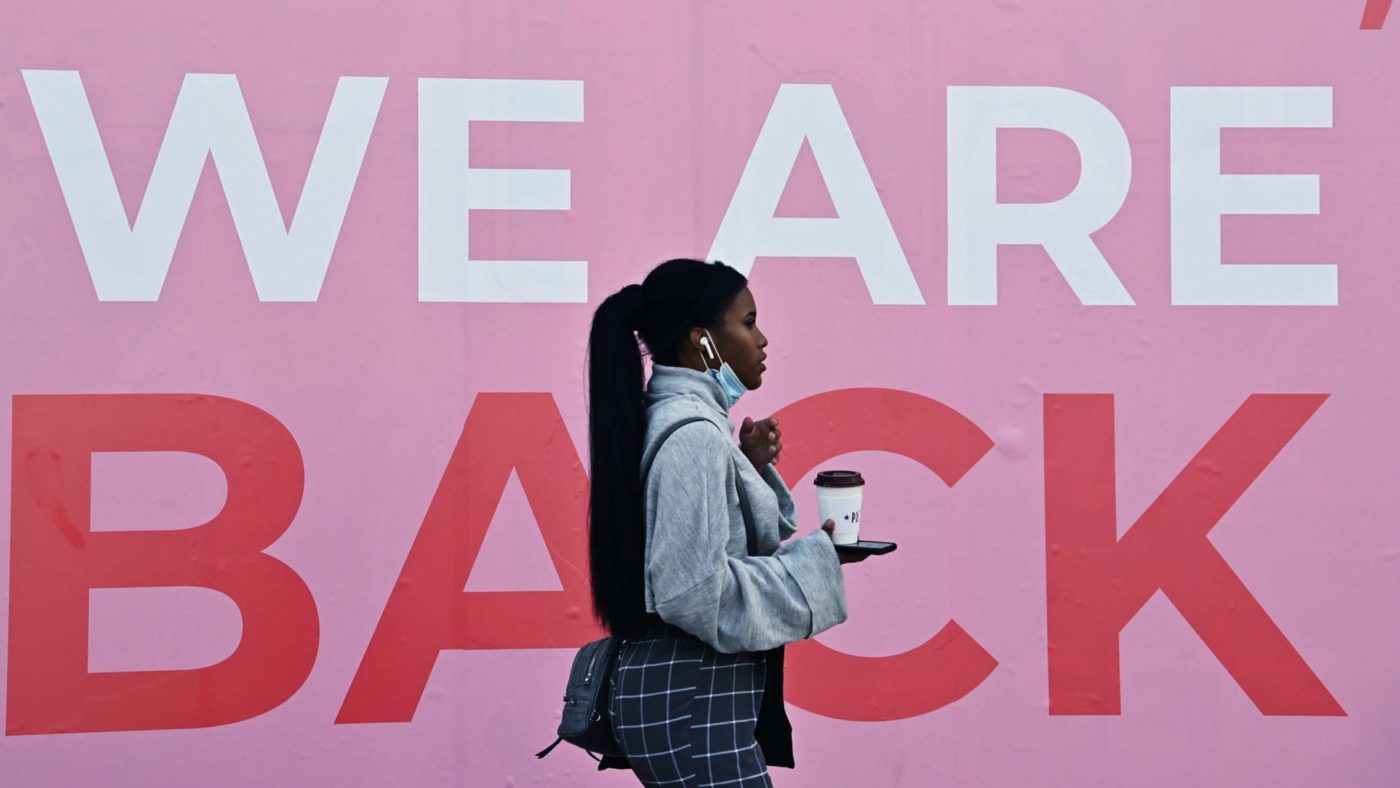A YouGov poll suggesting that just 6% of the UK public want a return to a pre-pandemic economy has been enthusiastically written up by, well, pretty much everybody, including the Guardian and Sky News.
In addition, the results are being presented as a strong endorsement for ‘Build Back Better’s campaign for a ‘fairer and greener recovery’, which seems to be gathering support from the great and the good.
This is a triumph of spin over substance. ‘Build Back Better’ (BBB) is calling for ‘a new deal that protects public services, tackles inequality in our communities, provides secure well-paid jobs and creates a shockproof economy which can fight the climate crisis’. What’s not to like?
The problem is in the detail, or the lack of it. In reality, I have never met anyone who is pro-poverty or against the environment. But there is plenty of room for disagreement about the best ways to fix problems in the economy and society. BBB’s solutions, such as they are, all seem to involve more state intervention, spending and borrowing.
This is no surprise when you look at the mix of trade unions, left-leaning think tanks and environmental pressure groups who seem to be the campaign’s main backers. Indeed, the website reads like it could have been written by, and for, the Labour Party, or the Greens.
But doesn’t the YouGov poll suggest that this agenda commands wide support? Actually, no.
Let’s start with the headline question: ‘thinking about the way the British economy should be run in the wake of the Coronavirus crisis, which of the following comes closest to your view?’. Only 6% agreed with the statement that the ‘government should run things as they did before the crisis’.
To be frank, I’m surprised it is many as 6%. Surely everyone could think of something they would like to be done differently? What’s more, this doesn’t provide a mandate for any particular set of policies. For example, I’d like to see a reduction in state intervention in a wide range of areas.
Digging a little deeper, there doesn’t in fact seem to be much appetite for a transformation of the economy. Just 31% said the government should make ‘big changes’, with the strongest support coming here, as you might expect, from Labour supporters. That’s an unremarkable percentage, given Labour’s performance in the latest opinion polls.
In contrast, half of the respondents were either happy for government to ‘try broadly to keep things the way they were, with some small changes’ (22%) or make ‘moderate changes’ (28%). Presumably the Johnson administration would say that this is exactly what it is doing.
The next question is ‘thinking about the impact of the Coronavirus Crisis on different social groups in the UK – for instance, in terms of gender, race, class, faith and disability – which of these statements comes closest to your view?’. Just under half (49%) agreed that ‘the coronavirus crisis has worsened inequality, making things harder for some social groups that were already disadvantaged’.
Again, I’m surprised that the proportion is so low. Given that the question included so many groups, surely it is not hard to think of some way in which at least one group might have been impacted more negatively than others. I would have agreed on the basis of gender alone, given the additional burden that the prolonged closure of schools has placed on working mothers. The teaching unions might want to reflect on their role here.
Next up is a question on climate change. Interestingly, this seems to have received rather less attention – perhaps because the most popular answer was that ‘tackling climate change should be a priority at some point in the future but there are other issues that should take priority immediately after the coronavirus is over’. This is consistent with other polling suggesting that the British public is not as willing to sacrifice their way of life as readily as some environmentalists might like.
Then a nice woolly question on the public finances: ‘to what extent, if at all, do you support or oppose the government borrowing additional money to pay for more spending on public services?’ Since this is the direction that the UK is heading anyway, the fact that 52% were in favour is also unremarkable.
We then learn that 44% of people are ‘pessimistic’ about the UK economy in the wake of coronavirus. That’s hardly surprising either, given the tsunami of negative headlines over the last few weeks.
Finally, another ‘motherhood and apple pie’ question: ‘to what extent, if at all, would you support or oppose the government creating jobs for young people?’. A predictably high 75% were in favour. No discussion of what ‘creating jobs’ would require in practice, of course, so this could mean anything or nothing. But kudos at least to the dissenters here, who perhaps have a rather better understanding of how labour markets actually work.
This might all come across as rather cynical. However, credible policies cannot be built on good intentions alone – or fuzzy opinion polling.
Click here to subscribe to our daily briefing – the best pieces from CapX and across the web.
CapX depends on the generosity of its readers. If you value what we do, please consider making a donation.


